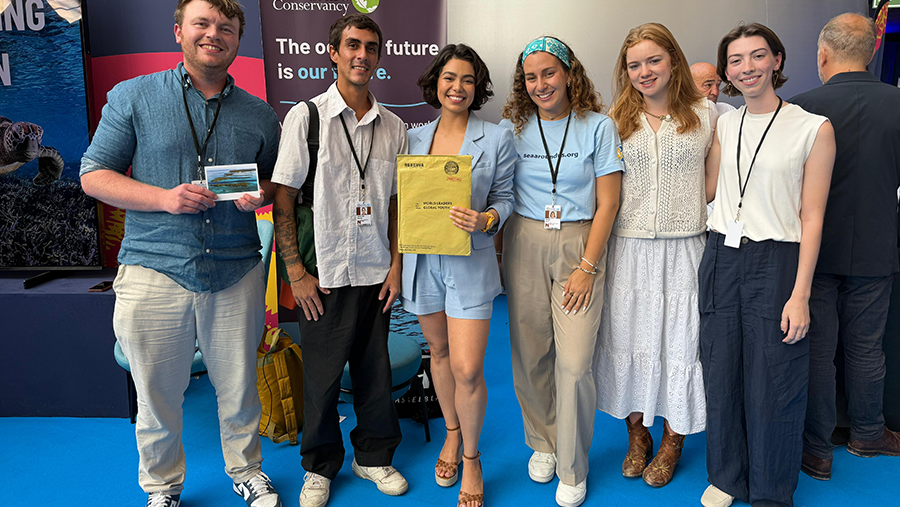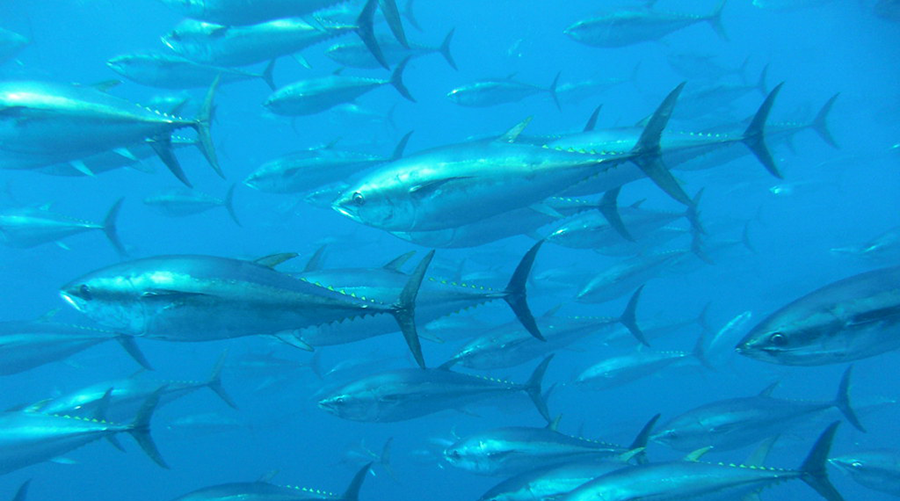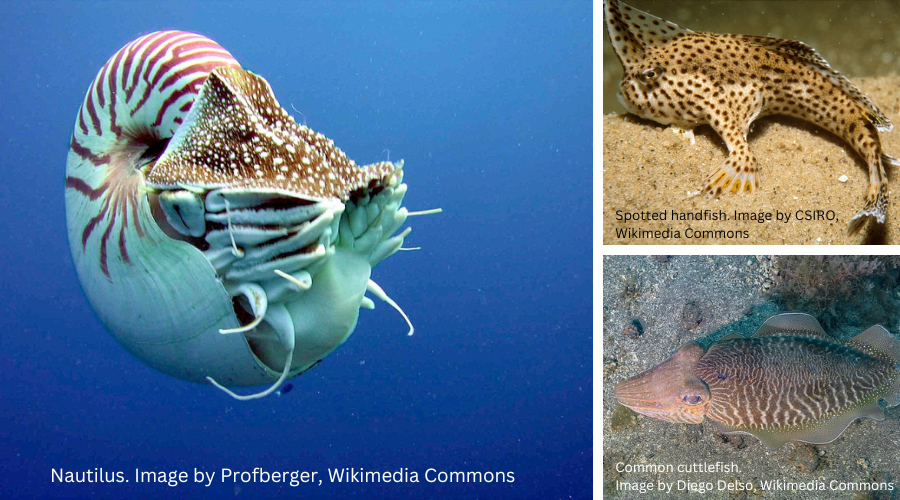
The Sea Around Us MSc student, Anna Luna Rossi (fourth from the left), with her NGO Reserva colleagues and actress Auli’i Cravalho at UNOC 2025.
By Anna Luna Rossi.
June 2025 marked the third edition of the United Nations Ocean Conference, hosted in Nice, France, and co-organized by France and Costa Rica. UNOC3 falls within the Ocean Decade initiative to create a framework for communicating and using ocean knowledge to generate real-time actions for safeguarding our marine resources.





